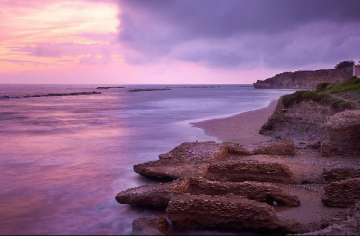IRES Seminar Series
Time: 12:30pm to 1:30pm
Location: AERL Theatre (room 120), 2202 Main Mall
**********************************************************************
Chicken little and the coal mine in the sky: is the IPCC vision of catastrophic climate change still plausible?
Abstract:
We are awful at managing our resources. It would be good if we knew how to do better, but history is replete with dire future predictions which were well-intentioned and entirely wrong. How can we be wiser in avoiding long-term disasters while not falling prey to histrionics borne of error?
All century scale models of global change assume continued prosperity of humans. They are then tweaked to narrowly focus on a particular concern. This leads to myopic analysis of how we could influence whatever may pass. The longer a field shapes its long-term vision with this style of approach, the more likely it is to accumulate systematic blind spots. Malthus pioneered a narrative of doom around prosperity, population growth and agricultural production. Has the IPCC made much progress since the 18th-century?
In this talk we focus on a case study of catastrophic climate change outlooks, and the systematic errors embodied in that narrative. We will explain how these errors have crept in to the broader public, political and scientific discourse. We invite a lively and critical discussion of how to engage the public with questions of deep uncertainty about the long term.
Bios:

Hadi Dowlatabadi’s research is focused at the interface of nature, humans, technology and policy. He uses a systems approach to capture the dynamics of such systems, applying a value of information approach to focus on research that matters most.

Justin Ritchie is a PhD Candidate at IRES. His work in energy economics focuses on cultivating wise prospects for investment in regional and global energy system development by drawing on integrated studies of physical and social science.
This is the last IRES Seminar for Term 2.
The IRES Seminar Series resumes September 2017.

Photo credit: Moyan Brenn from flickr/Creative Commons